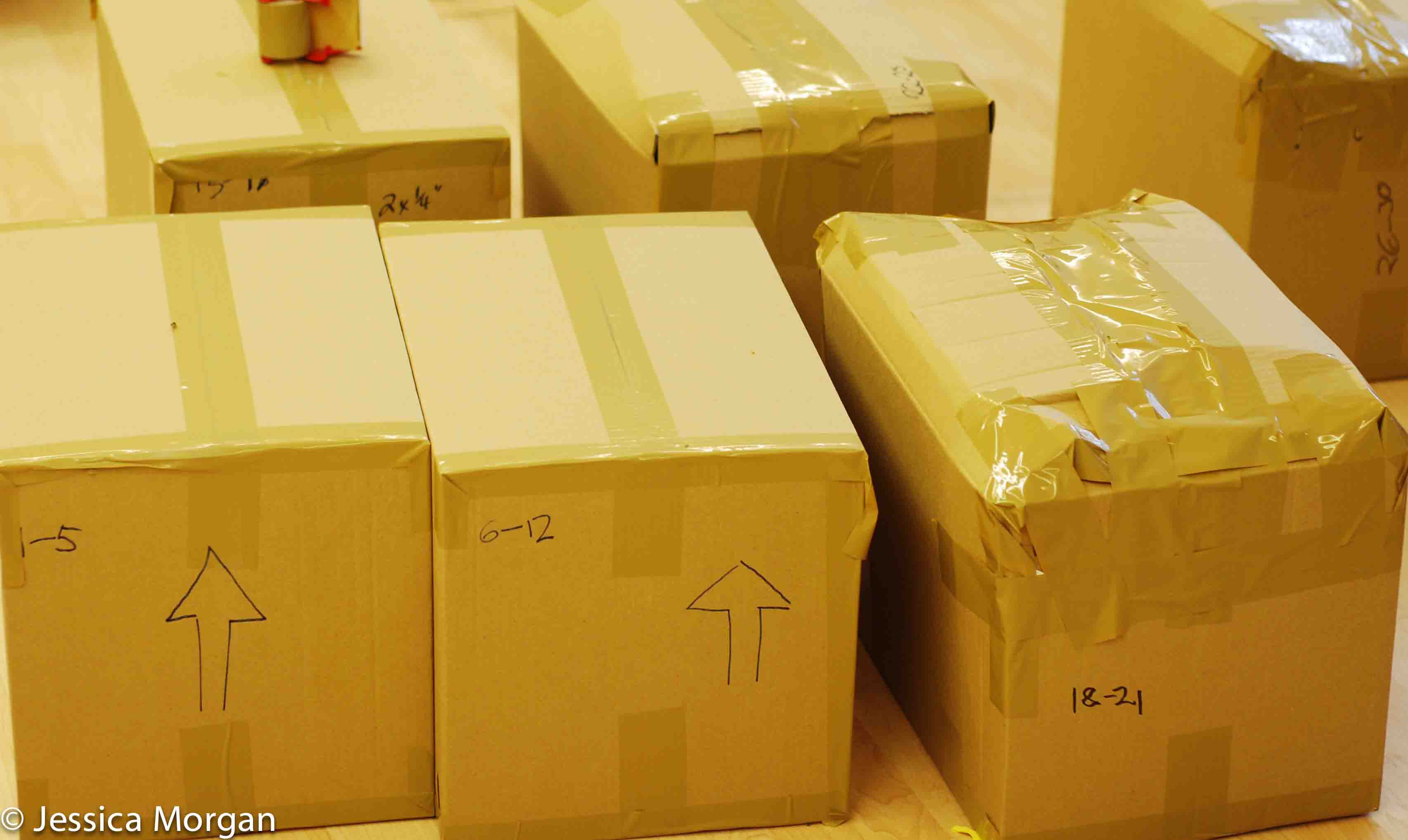

The archives that had hung so heavily over Mary's head had been on an exciting journey. They had travelled around from house to house for a while, and were currently enjoying an extended stay in one of the writing rooms at Space Studios.
The names of songs on the boxes were enticing but like many tape collections of old, we didn't really know if they were accurate.

After the success of Festival Hall and Valentine, we decided to go ahead and release further albums from the archive, so we began to look at the options open to us.
The first option was to hire in a tape machine, and record the tapes in ourselves. We got lots of advice from friends and colleagues who said, simply, "don't bother!"
After looking at the tapes we realised the advice was right. The biggest problem was that the tapes were probably suffering from "sticky shed" syndrome.
The tapes were of a type particularly prone to sticky shed. With sticky shed, the iron oxide coating that holds all of the information falls away from the tape. At best, there'll be a bit of sound degradation. At worst, the entire song will permanently disappear.
This was a bit of a Schroedinger's Cat situation, as we didn't really know what state the tapes were in, and we wouldn't find out until we came to play them into the system. So, we decided to get some digital transfer experts to do the job.
We filled a courier van and sent the tapes off to FX Copy who have extensive experience with this kind of work. The tapes were suffering from sticky shed, and FX had to bake the tapes to get them into a safe, playable condition. Yes, bake. As in putting the tapes into an oven and baking them at a low temperature for several hours. The theory is that this dries the tape out and allows you to play it without the oxide coating coming off.
However, there were no guarantees that this would work. The tapes may have been beyond repair, and although it is rare, sometimes the baking process can be destructive as well.
We had a bit of a nervous wait, but we got good news back, saying the transfer had been successful. The copyists recorded all of the tapes into Pro Tools and we were on! Where we'd sent off a van-load of tapes, back came a pleasingly small hard drive, much more portable and much less likely to cause storage problems.
In the next blog, I talk about setting up the sessions for mixing.
Christian Thomas sits in a darkened room and does techie stuff. He engineers, mixes and provides technical support to Mary and Jessica.
Follow Us